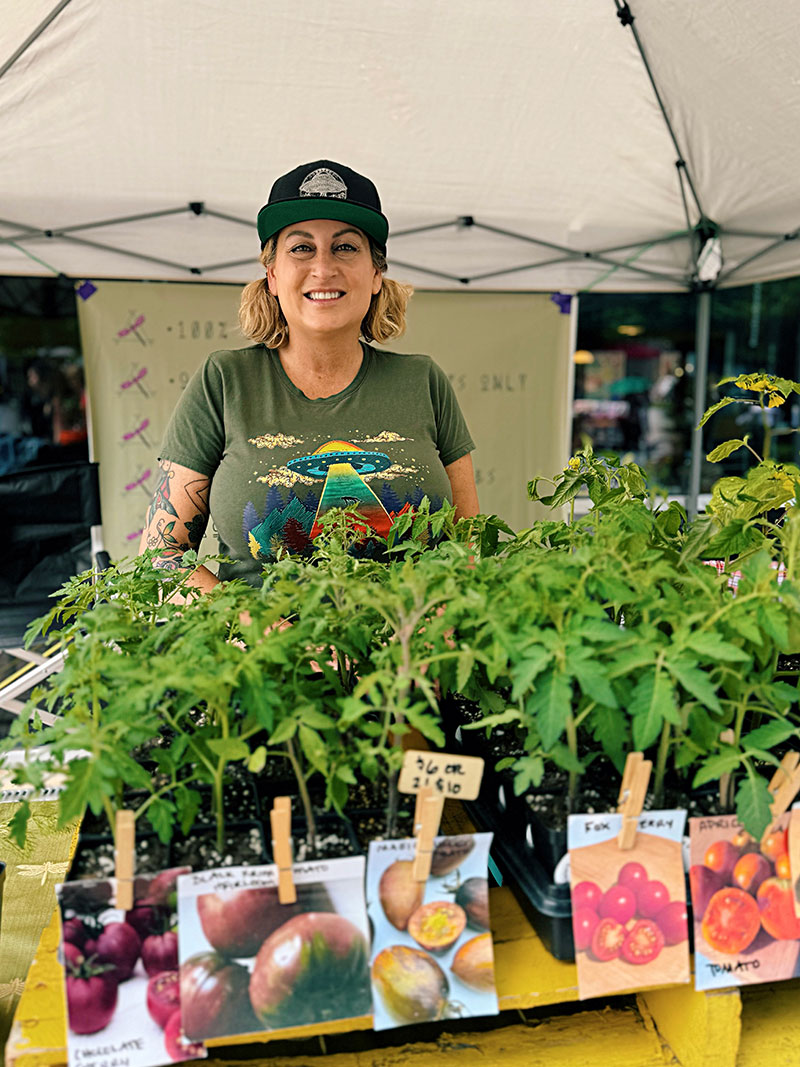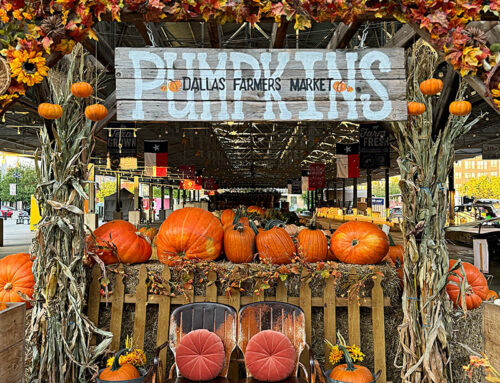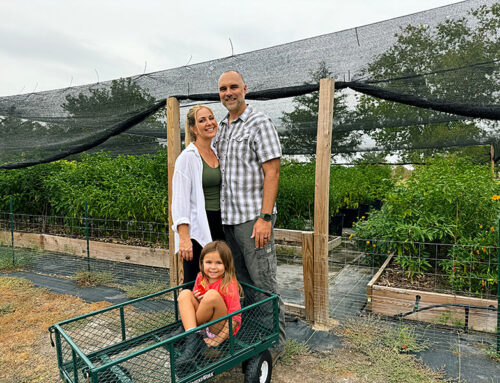Learning to garden + grow with local farmers means that sometimes it is easy being green! With so many quick how-to gardening guides available, it can be difficult to discern tried and true gardening wisdom. This is especially true for gardeners interested in growing their plants in an earth-friendly way. Not all forms of gardening are environmentally friendly, which can be a big surprise when you’re just starting. Not only are some plants simply not suited for the North Texas climate, but many popular gardening products are also harmful to pollinators, people, and the planet. Common fertilizers are known to cause waterway pollution, many pesticides cause harm to native pollinators, and the popularity of patented seeds raises concerns about the lastly genetic diversity of many plants. That’s why local organic farmers are an amazing resource to learn the best way to grow plants using eco-friendly techniques!
3 Sisters Organic Greenhouse is one farm with a wealth of gardening wisdom to keep your plants beautiful with a holistic approach! In name and in practice, 3 Sisters harnesses the natural attributes of plants to create a thriving ecosystem in every garden. The name 3 Sisters references a traditional planting method originated by the Iroquois and Cherokee peoples for the cultivation of corn, squash, and beans. In many ways, individual plants are like people – some of them support each other in community and others don’t always make the best neighbors. The natural dynamics of plants can be used to create flourishing gardens, one way to do this is through companion planting.
Heather from 3 Sisters Organic Greenhouse encourages companion planting for many reasons –
- Natural Pest Control
- Many herbs deter pests with their strong aromatics. The bright flavors that we love such as basil, cilantro, and mint, are overwhelming to small leaf-eaters. Planting these amongst your other plants can be a vegetal life-saver!
- Increased Plant Health
- Below the garden surface, soil is teeming with micro-organisms and rich nutrients. Each plant requires different nutrients and interacts with microorganisms in different ways. Growing plants together that require different nutrients or make them bio-available is a great way to balance soil health without depleting it!
- Delicious and Biodiverse Gardens
- It’s a tasty coincidence that many of the vegetables we love to eat together, also make great garden neighbors! Tomato and basil, spinach and peas, carrots and sage – all these and more pair beautifully in the garden and the kitchen.
If these tips have you ready to dig into gardening the eco-friendly way, then join Heather for an educational gardening class next Saturday, April 20th in celebration of Earth Day weekend!








